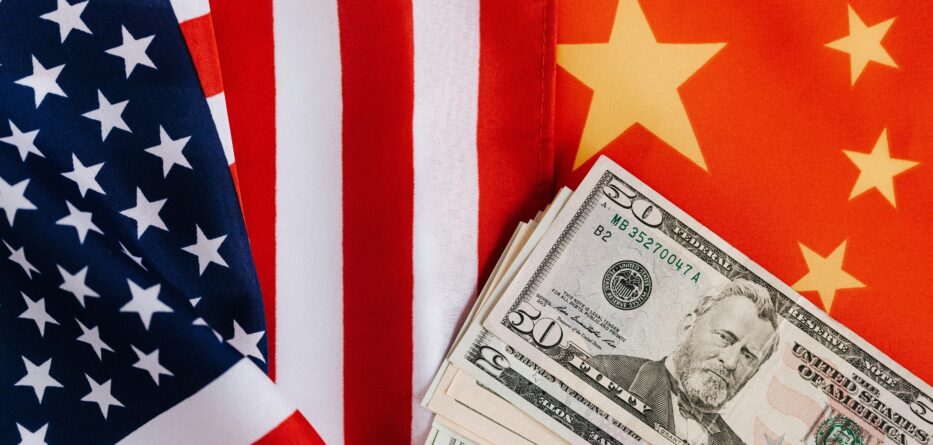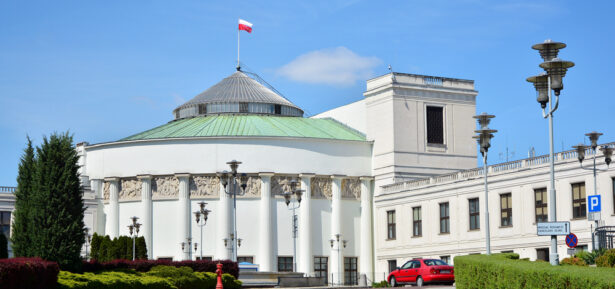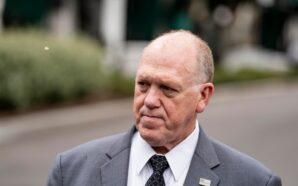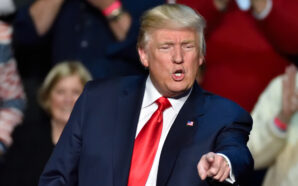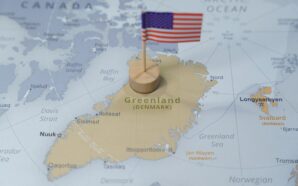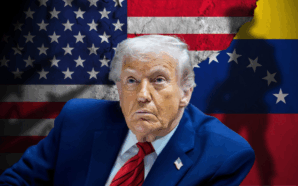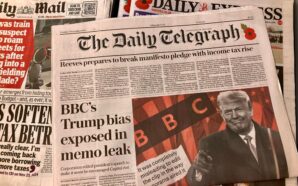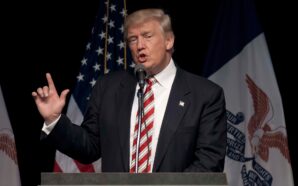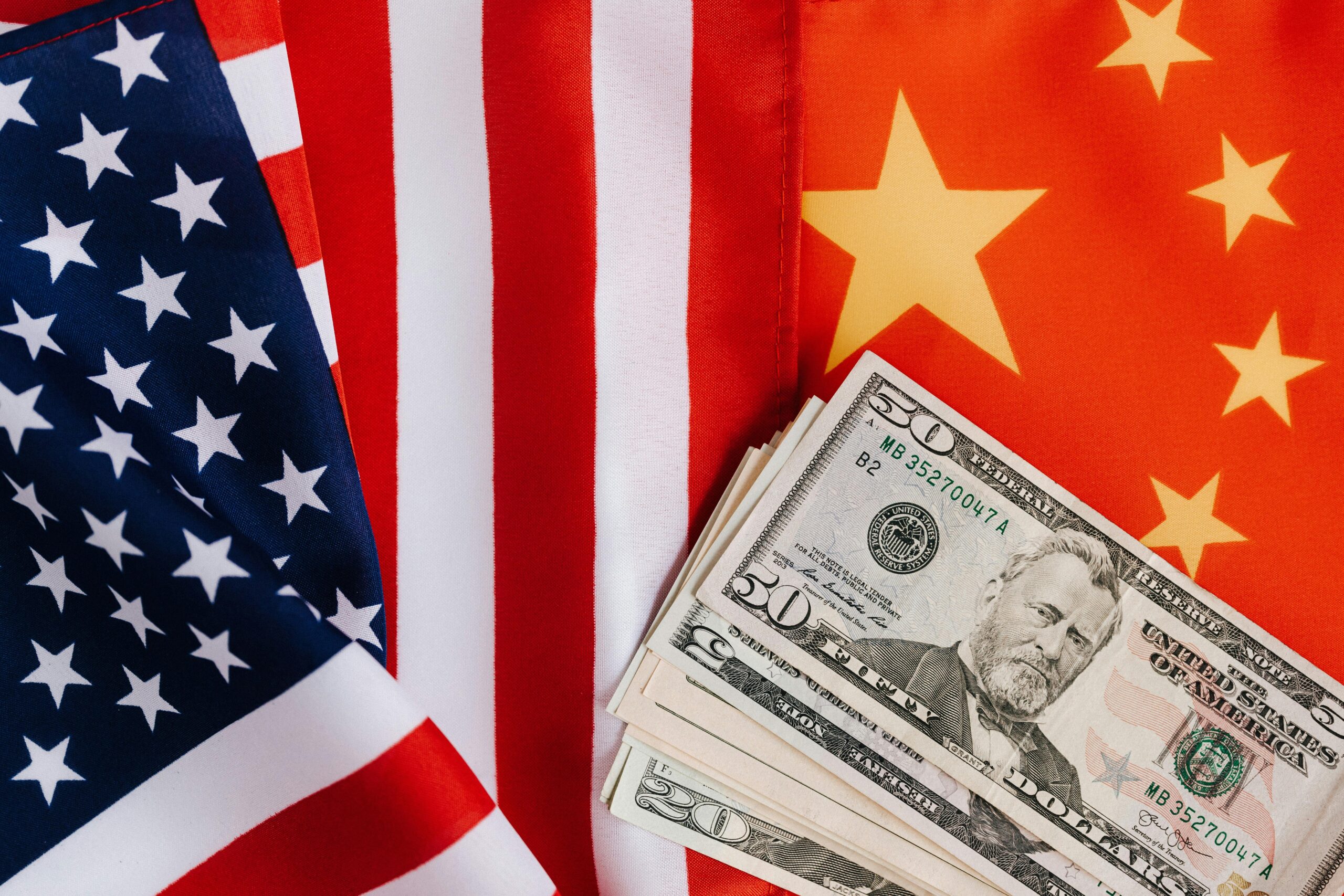
President Trump pushes aggressive tariff strategy to boost American manufacturing and reduce reliance on China amid rising global tensions
President Donald Trump is cranking up the heat on China once again—this time with a bold economic strategy that’s raising eyebrows at home and sending shockwaves across the globe. Over the weekend, Trump doubled down on his tariff-heavy agenda, hinting that his real motive goes beyond economics: he’s preparing the U.S. for the possibility of war.
Speaking aboard Air Force One, Trump made clear that his administration’s goal is to bring manufacturing back to American soil—not just to boost jobs, but to reduce dependence on foreign countries, especially China, in case of future conflict. “We’re going to have our drugs made in the United States,” he told reporters. “So that in case of war, in case of whatever, we’re not relying on China and various other countries. It’s not a good idea.”
Trump’s comments come on the heels of new tariff threats targeting pharmaceuticals, semiconductors, and potentially even iPhones and tablets. Although he promised “flexibility” with some consumer goods, he warned that more tariffs are “very near” and should not be ruled out.
China’s President Xi Jinping, meanwhile, fired back from Vietnam during his Southeast Asia tour, cautioning against what he called a losing game. “There are no winners in a trade war,” Xi wrote in a joint editorial, urging the U.S. to help preserve global trade stability and avoid what he described as a dangerous spiral of protectionism.
As the economic standoff escalates, Beijing has already begun playing hardball. In retaliation for U.S. tariffs, China recently halted exports of rare earth minerals—materials essential to building everything from electric vehicles to fighter jets. These minerals, of which China produces more than 90% globally, are a lifeline for many American industries.
Top White House economic advisor Kevin Hassett admitted the development was “concerning,” but added that the administration is working on solutions. “We’re looking at alternative suppliers and helping small businesses adjust,” he said. “We understand their concerns.”
Despite the optimism from Trump’s camp, Wall Street is feeling the pressure. Though the markets opened slightly higher Monday on news of tariff exemptions for electronics, corporate America is growing uneasy. A recent survey by Chief Executive found that 62% of CEOs now believe a recession is on the horizon within the next six months.
Ray Dalio, founder of Bridgewater Associates, issued a stark warning during an interview on NBC: “We are very close to a recession. And I’m worried about something worse if this isn’t handled well.”
Trump, never one to shy away from controversy, seems unfazed by the warnings. His message is loud and clear: America must be self-reliant—no matter the cost.
Whether this gamble will pay off or trigger a deeper economic downturn remains to be seen. But one thing is certain: Trump’s war of tariffs is far from over, and the world is watching closely.
-
Credit: Shutterstock In a dramatic reset aimed at cooling tensions, Border Czar Tom Homan has ordered Border Patrol leadership...
-
Credit: Shutterstock What began as a high-profile factory tour quickly turned into a headline-making moment that’s now fueling conversations...
-
Credit: Shutterstock Former President Donald Trump has once again ignited global controversy—this time by reviving his push for U.S....
-
Credit: Shutterstock Political tensions across the Americas surged this weekend after former U.S. President Donald Trump issued stark warnings...
-
Credit: Shutterstock The Department of Justice has reversed course and restored previously removed images from the Jeffrey Epstein document...
-
Credit: Shutterstock JPMorgan Chase CEO Jamie Dimon delivered an unusually direct rebuttal this week after Trump Media & Technology...
-
Credit: Shutterstock As President Donald Trump abruptly turned against Rep. Marjorie Taylor Greene, one of his most vocal supporters,...
-
Credit: Shutterstock In a dramatic twist that’s sent shockwaves through both sides of the Atlantic, U.S. President Donald Trump...
-
Credit: Shutterstock Everything You Need to Know President Donald Trump accused Senate Democrats of “holding the federal government hostage”...
-
Credit: Shutterstock Ruling marks key step in ongoing legal fight over federal authority and state control The Ninth Circuit...
-
Credit: Shutterstock Phil Mickelson isn’t just swinging golf clubs these days — he’s swinging at political rivals too. The...
-
Credit: Shutterstock Peaceful rallies across all 50 states mark one of the largest single-day protest movements in U.S. history...

